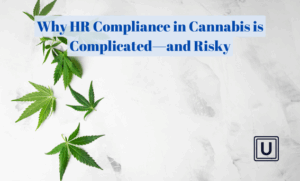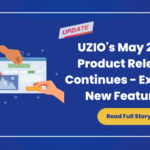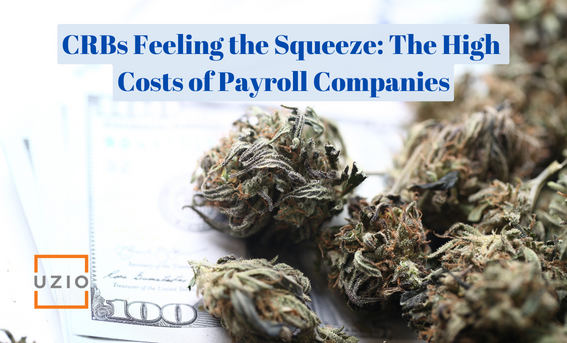
The Payroll Companies are Gouging the Cannabis Related Businesses (CRBs)
Quick links
-
Introduction
-
Discrimination: A Growing Concern
-
Pricing: High on Costs
-
Innovation: Beyond the Basics
-
Customization and Efficiency: No More Waiting Games
-
Economic Impact on the Cannabis Industry
-
How CRBs Can Advocate for Fair Treatment
-
Conclusion
1. Introduction
In an industry that’s surging forward with growth and innovation, Cannabis Related Businesses (CRBs) find themselves grappling with an unlikely adversary: payroll systems. While the industry at large grapples with regulatory intricacies, CRBs shouldn’t have to combat unfair payroll practices on top of that. Let’s dive into how leading payroll vendors fare against CRBs, and how UZIO is charting a distinct course.
2. Discrimination: A Growing Concern
Amid the regulatory complexities, CRBs have been facing overt discrimination from major payroll companies. It’s not just about higher pricing, but the underlying sentiment that treats CRBs as high-risk entities, consequently pushing them towards premium plans, which might be excessive for their needs.
Such practices not only impose financial burdens on CRBs but also propagate a narrative that CRBs are inherently riskier. This not only affects their operational costs but also can influence perceptions among potential business partners, investors, and even customers.
3. Pricing: High on Costs
Gusto, one of the notable names in the payroll sector, obligates all CRBs to their Premium plan. With a price tag of $34 per month per person, the justification given is the “added regulatory scrutiny” that comes with CRBs. But is this price tag justified?
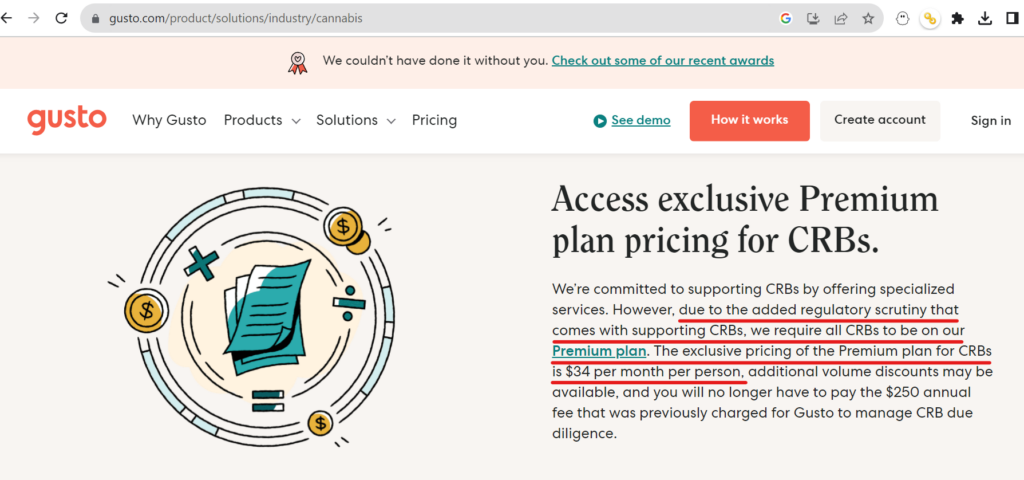
Contrast this with UZIO’s straightforward pricing – a mere $6 per person. No hidden fees, no discrimination against CRBs, just a fair deal.
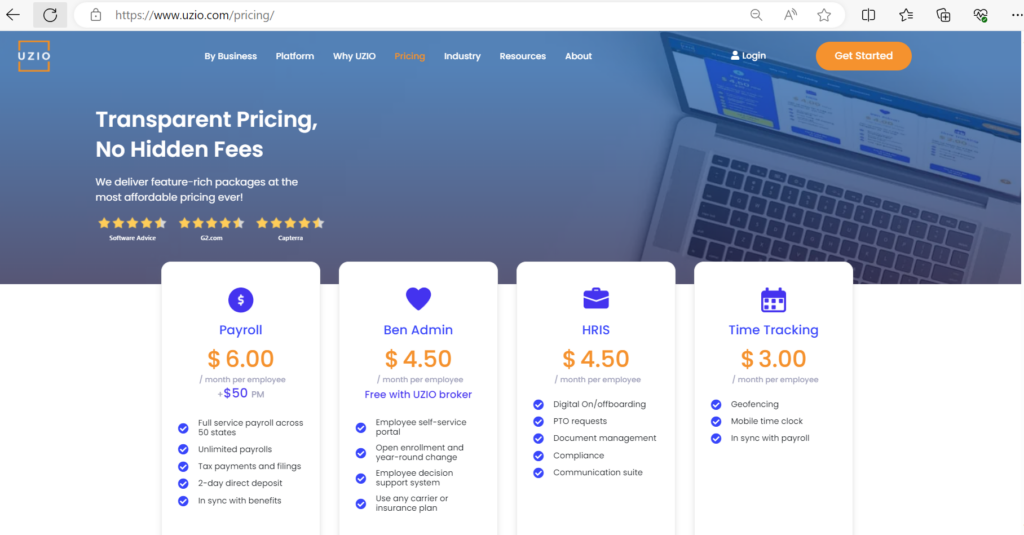
Recommended Reading: Biggest pain point with Payroll and HR software
4. Innovation: Beyond the Basics
Other Major players who claim to serve the Cannabis industry often sideline innovative features for CRBs. As the cannabis industry evolves, it’s imperative to have a payroll system that’s equally dynamic. UZIO is well aware of this need, frequently rolling out updates and ensuring that CRBs stay ahead in the game.
5. Customization and Efficiency: No More Waiting Games
Delays in generating reports, implementing customizations, or tweaking the platform are a common gripe with many vendors. This sluggish pace is often due to their dependence on white-labeled solutions. In stark contrast, UZIO, with its in-house platform, promises swift turnarounds, often in just a day.
6. Economic Impact on the Cannabis Industry
The economic ramifications of discriminatory payroll practices stretch beyond the immediate financial burden on individual Cannabis Related Businesses (CRBs). Let’s delve deeper into the ripple effects:
- Stunted Growth and Innovation: Elevated payroll costs can limit the resources available for CRBs to invest in research, development, and market expansion. Over time, this can hinder the pace at which the industry innovates, potentially putting it behind other sectors.
- Barrier to New Entrants: For startups and new entrants in the cannabis sector, exorbitant payroll costs can be prohibitive. This could reduce competition, which in turn, may lead to reduced consumer choice and higher product prices.
- Loss of Jobs: Higher operational costs might force CRBs to adopt leaner staffing models, potentially leading to job cuts. Considering the potential of the cannabis industry as a significant job creator, this is a concerning prospect.
- Reduced Investor Confidence: Discriminatory practices and the associated financial strains can deter investors. A perceived high-risk, low-reward scenario might make investors think twice before funneling capital into CRBs.
7. How CRBs Can Advocate for Fair Treatment
For CRBs, it’s not just about navigating these challenges but turning them around. Here are proactive steps that CRBs can take to advocate for fair treatment:
- Forming Industry Alliances: By coming together and forming alliances or coalitions, CRBs can pool resources, share experiences, and speak with a unified voice. There’s strength in numbers, and a collective stand can exert pressure on payroll providers to revisit their discriminatory practices.
- Lobbying for Clearer Regulations: One of the reasons cited for discriminatory pricing is the “regulatory scrutiny.” CRBs can lobby for clearer, fairer regulations that can mitigate the perceived risks and pave the way for standardized, equitable pricing models.
- Public Awareness Campaigns: Enlightening the public about the unfair practices faced by CRBs can rally support. Leveraging social media campaigns, press releases, and partnerships with influencers can help in shedding light on the issue.
- Engaging with Fair-Practice Providers: By actively choosing and promoting payroll providers that practice transparent and fair pricing, CRBs can incentivize better business practices. This not only helps the individual businesses but sets a precedent in the industry.
- Legal Recourse: While it’s a more aggressive step, CRBs shouldn’t shy away from exploring legal options against blatantly discriminatory practices, especially if they’re baseless and exploitative.
By adopting these measures and maintaining a unified front, CRBs can move towards creating an industry landscape where fair treatment isn’t the exception but the norm.
8. Conclusion
The cannabis industry, in its path to maturity and mainstream acceptance, deserves partners that value and understand its unique nuances. Discriminatory practices, hidden fees, and unnecessary complexities should be a thing of the past. With UZIO’s transparent approach, innovation, and responsiveness, CRBs have the chance to collaborate with a true ally. It’s time CRBs experience fairness and unmatched value – and with UZIO, they certainly can.
Get in touch with us for an expert-led demo to know more about UZIO all-in-one payroll software.
